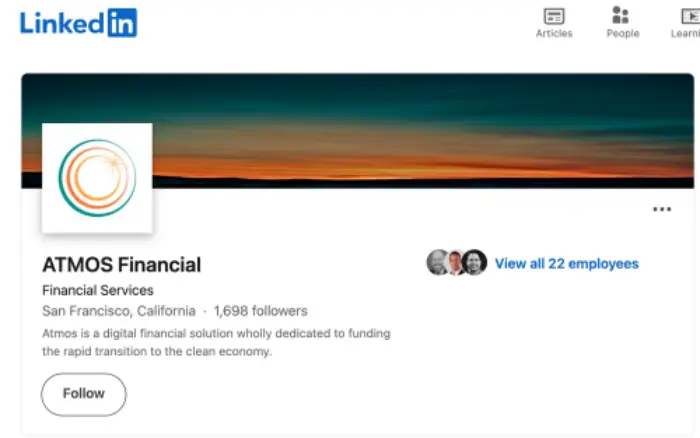Investing in the private sector has increasingly become a compelling choice for those seeking alternatives to classical public attachments. It offers more significant than just short-term gains, providing a genuine pathway to building substantial wealth through extensive learning and careful analysis of potential risks and rewards.
The investment options can turn out lucrative for you but also broaden the range of investments in your portfolio in the long run. More than 30% of investors already be able to have assets in the collection of investments that they possess, and this tendency predicted to reach 48% by 2024. Therefore, it is no surprise that many experts predict the entire market will overgrow public companies. Are you new to private market investment? Good news, we have some about putting money into the non-public sector.
What is Private Market Investing?
Here we came to the fundamentals: what is a private market? Non-public investments are investments in equity or debts that non-public sector companies own. Meanwhile, The companies prefer not to go public, as staying own helps them gain the value of the company and allows potential investors to get income from sales.
For many years such types of investments could have been more approachable for many investors as entering the exclusive market required the status of the credited investor. Fortunately, now private call investment is open to almost everyone. So, if you act according to a plan based on careful consideration of risk factors, you can succeed.
Read: How to Get More Customer Reviews?
Key points about private market investing:
● Non-publicly disclosed investments involve equity or debt owned by private sector companies.
● These companies choose to stay personal to retain company value and provide investment opportunities.
● In the past, private call investing was limited to accredited investors.
● Today, individualized investing is open to almost everyone.
● Success in exclusive market investing requires careful consideration of risk factors and following a strategic plan.
Characteristics of the Private Market
As was previously mentioned, private market investments’ potential is higher than ever. According to the study provided by Hamilton Lane in 2023, despite the negative impact of increasing inflation and interest rates in 2022, personal companies have proven to be more resilient than public markets as of the third quarter of 2022.
Personal strategies performed much better than public strategies, sometimes by solid thousands of basis points. For instance, buyout investments outperformed the S&P 500 by almost 2,050 basis points. At the same time, infrastructure and real estate investments surpassed the FTSE All Equity REITs Index by over 3,400 basis points. Such information characterizes the private market investments as a resistible to external factors source for investments.
The Differences Between Private and Public Market Investing
The first and foremost thing that distinguishes those two market investing destinations are the risks and rewards. The private market offers investors higher potential tips for the accordingly higher chances. But when digging deeper into the topic, there are also some other factors.
Some notable factors to consider:
● Risks and Rewards
● Entry Barriers
● Flexibility
● Risk Profile
Despite having some facilitating factors, the private market still needs to be more challenging to enter. In a non-publicly traded sector, an investor is more flexible when removing acquired bonds and obligations. It is also true that the non-public sector is riskier and, thus, is more suitable for people who want to.
Why Invest in Personal Companies?
You can consider many things to investing in niche companies. Still, one inevitable fact is that the private sector opportunities are much higher and diverse, just like the scales of the potential reward. Also, investing in small non-public companies requires less capital than investing in niche giants.
For sure, big companies almost guarantee you the benefit, but from the long-term perspective, their shares will also cost you a fortune. Meanwhile, you can invest the same amount of money into a fresh market player and get higher returns and a diverse investment portfolio.
In recent years, investing in non-public markets has emerged as an excellent substitute for public investments. It offers more than just immediate financial gains; it presents a genuine opportunity to accumulate wealth through thorough learning and careful analysis of the associated risks and rewards.
However, it’s important to note that personal company investing also comes with risks, including illiquidity, lack of transparency, and higher volatility. It is essential to conduct thorough due diligence, seek expert advice if needed, and carefully assess the risks and potential rewards before making investment decisions in the private market.
You might also like







